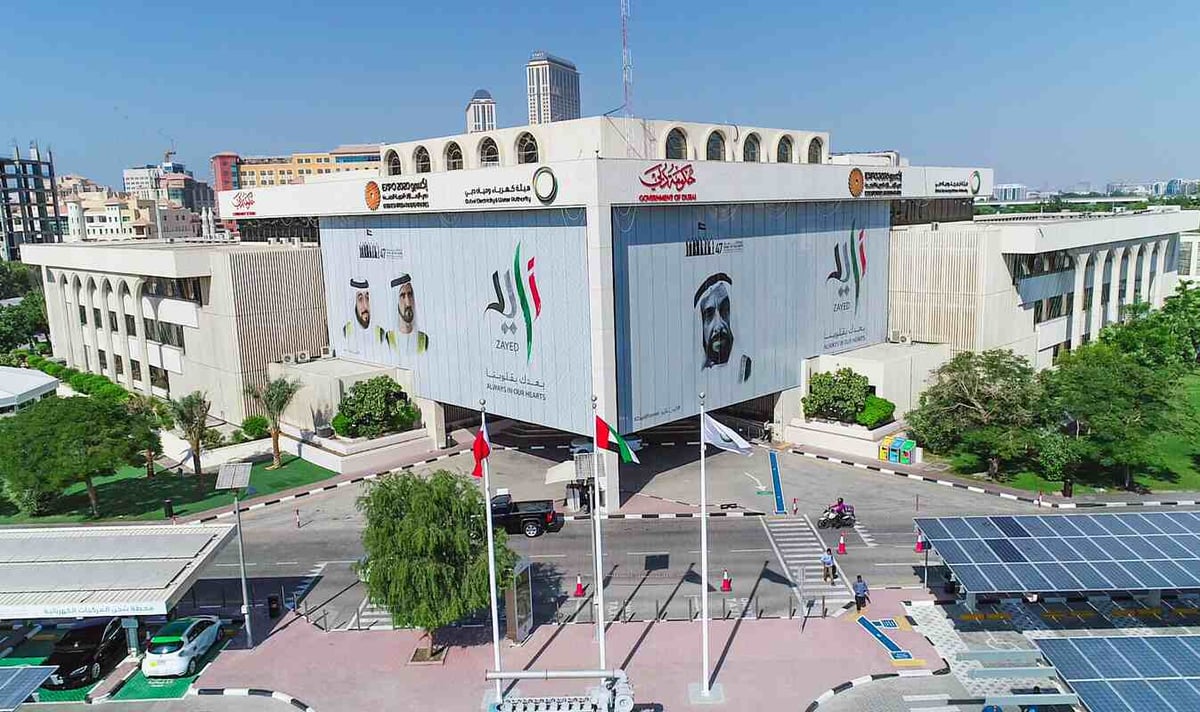Dubai Electricity and Water Authority (DEWA) has launched 1,414 new 11-kilovolt (kV) distribution substations throughout Dubai during the year 2023.
Advanced infrastructure
H.E. Saeed Mohammed Al Tayer, managing director and CEO of DEWA, said that the construction of the substations and related tasks resulted in a total of 996,648 man-hours, according to the highest standards of health and safety
He explained that DEWA, in line with the vision and directives of the wise leadership, is working on providing advanced infrastructure that keeps pace with the needs of sustainable development in Dubai. Moreover, it seeks to meet the needs of customers, developers, and the business sectors through thoughtful and reliable planning processes using the latest future forecasting tools. Hence, this contributes to achieving sustainable urban development in Dubai and supports the goals of the Dubai 2040 Urban Masterplan.
Transmission and distribution networks
In addition to energy and water production projects, Al Tayere explained that DEWA is working on strengthening transmission and distribution networks depending on expectations of electricity demand in Dubai until 2030. The networks also take into account the demographic and economic growth in the emirate.
For his part, Rashid Bin Humaidan, executive vice president of distribution power at DEWA, announced that the total number of medium voltage substations (11kV and 6.6kV) (11 kV and 6.6 kV) reached 44,015 stations by the end of 2023. Moreover, all distribution substations are being implemented according to the highest tech-based quality, efficiency, and safety standards.
Read: India’s Petronet LNG to extend LNG deal with Qatar beyond 2028
DEWA and ACWA Power
Earlier, DEWA concluded two water purchase and shareholder agreements with the Saudi company ACWA Power. DEWA revealed that the value of the water purchase contract is SAR3.43 billion ($914 million) for a duration of 30 years. This agreement is for the first phase of the Hassyan seawater desalination project. The project will use solar energy and operate within the framework of the Independent Water Producer (IWP) model.
This project aims to enhance the administration’s water desalination capacity to 730 million gallons per day by 2030, compared to the current capacity of 490 million gallons.
The project also falls in line with Dubai’s exceptional economic growth and supports the region’s thriving construction sector. Moreover, it contributes to achieving the Dubai 2040 Urban Masterplan goals. It also addresses population growth and meets the growing demand for water in the local, commercial, and other consumer sectors.
For more energy news, click here.








